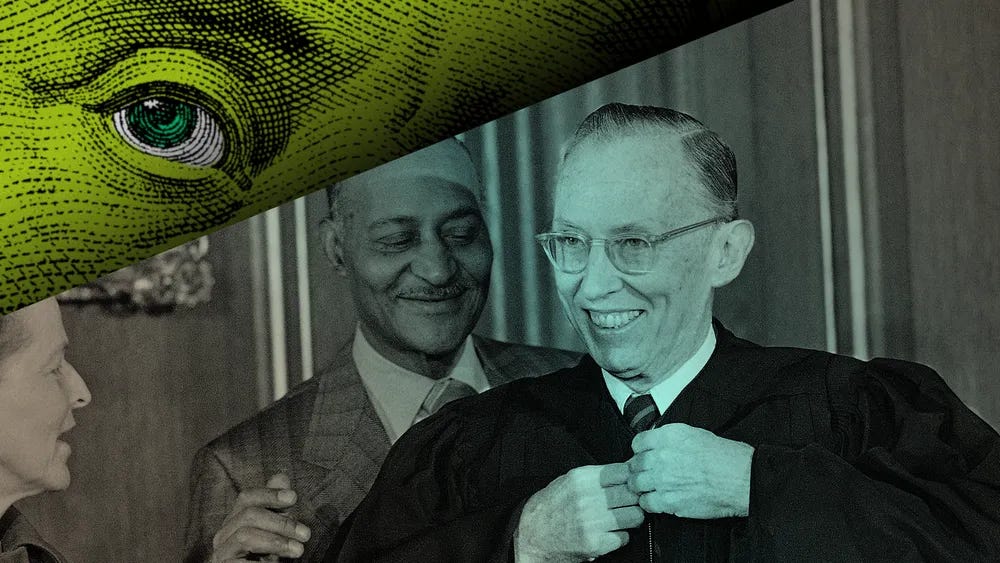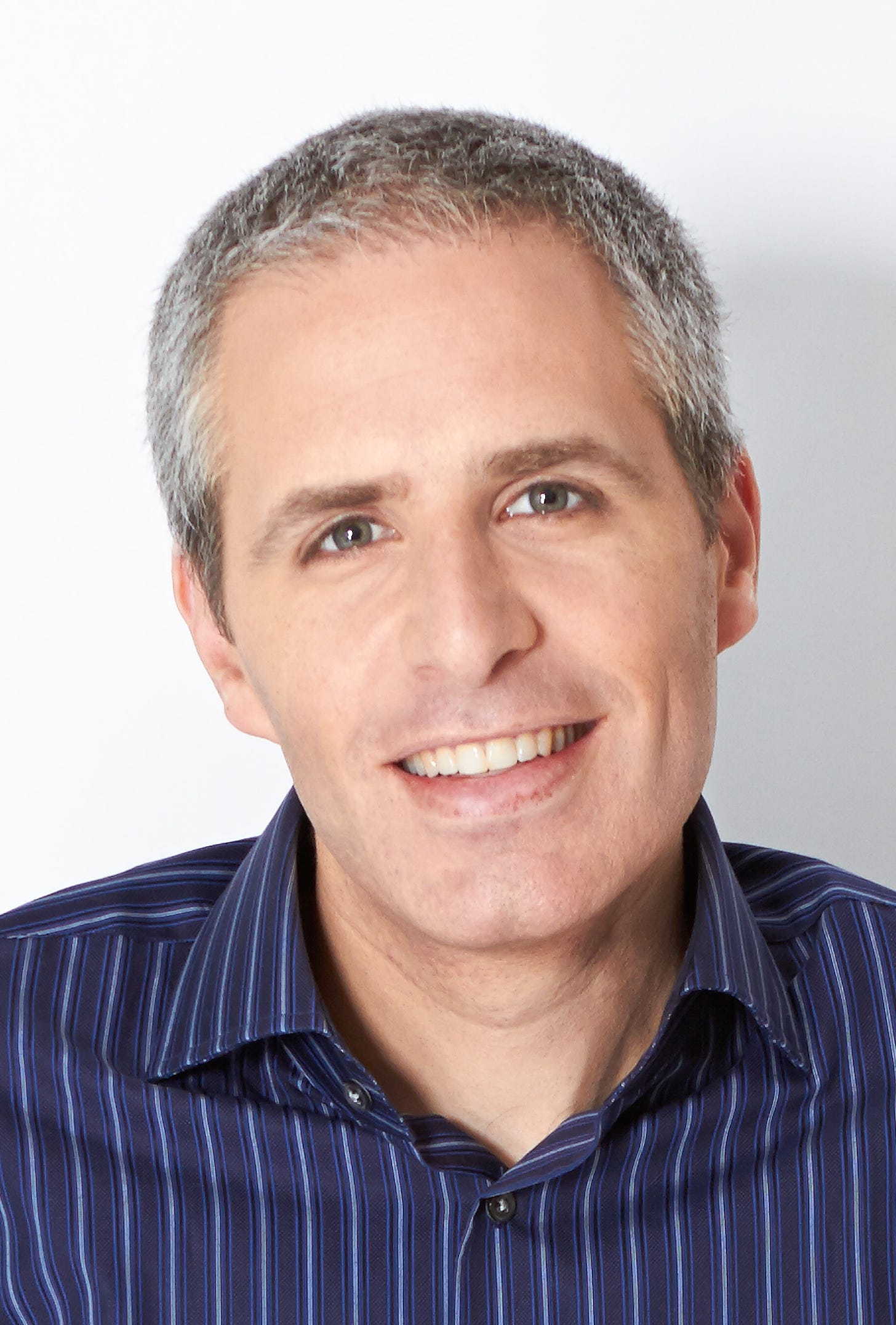Before accepting Richard Nixon’s offer to join the Supreme Court in 1972, corporate lawyer Lewis F. Powell, Jr., the conservative jurist, wrote a memo that would radically change the course of American politics.
In 1971, Powell — a free market fundamentalist aghast at the growing impact of the consumer movement inspired by Ralph Nader — authored a memo for the U.S. Chamber of Commerce titled “Attack on the American Free Enterprise System.” In it, he outlined a plan for business interests — anxious about their position in a more democratic society — to mount a long-range influence campaign to recapture America from the threat of Nader, popular democratic movements, and the reforms of the New Deal.
The Powell Memo would become a foundational text of the conservative movement, laying out the intellectual and legal groundwork for the network of right-wing foundations, lobbyists, and think tanks that would go on to dominate Republican policymaking and the national political conversation. It also informed Supreme Court decisions like Buckley v. Valeo (which removed limits on campaign contributions on First Amendment grounds), First National Bank of Boston v. Bellotti (which extended free speech protections to corporations and their donations), and Citizens United — opening the electoral system to the flood of private money and corporate influence that continues to threaten the survival of American democracy.
Journalist David Sirota, editor of The Lever and a former speechwriter for Bernie Sanders, has a new podcast, “Master Plan,” which explores the impact of the Powell memo and its legacy of legalized institutional corruption, how it foreshadowed Project 2025, and how the damage can be undone.
Listen to Master Plan, narrated by David Sirota, at The Lever, or find it on Apple Podcasts, Spotify, or the platform of your choice. The first season traces untold history from the 1970s to today, showing how a small group of operatives and oligarchs used vast wealth to manipulate key U.S. government policies for personal gain at the expense of everyone else — a plan that’s coming to fruition in the 2024 election. Episodes 1-4 are available now, with new installments premiering over the coming weeks.
A request for those who haven’t yet joined us: The interviews and essays that we share here take research and editing and much more. We work hard, and we are eager to bring on more writers, more voices. But we need your help to keep this going. Join us today to support the kind of independent media you want to exist.
Why is it so important to tell this story now? One thing that comes to mind is that for people who are surprised by Project 2025, you can tell them, “Look, there’s a whole history here that you need to know.”
My first book, Hostile Takeover, was about how money not just buys policy, but sets the terms of the political debate. You don’t have to bribe people as much if you can limit the political choices to the ones that you like.
And “Master Plan” is a bookend to that. If money rigs the debate, who made spending all that money legal? Who made the buying of the discourse, the policies, the court rulings, permissible and legal, and baked it into our politics, beyond the petty corruption that’s always been in politics?
That’s a key distinction you make between petty corruption and this kind of systemic corruption.
It’s the difference between having influence and capturing. What we’re talking about is how big money captured the whole system, to the point where the corruption that we’re immersed in sometimes seems imperceptible. It just seems like that’s what the system is.
I’m very interested in the idea that it doesn’t have to be this way; that so many of the problems across so many different issues feel like an inevitability, but it’s actually a series of deliberate choices that were made to create the system we live in. And I’m at the point where I’m worried that we have forgotten that it doesn’t have to be this way.
I would imagine a lot of people listening to the podcast might think this is awful and be angry about this, but what are their options? They might be at that point where they feel like they don’t really have a choice, certainly not an electoral choice. What do you tell them?
This post was originally published on The.Ink.

